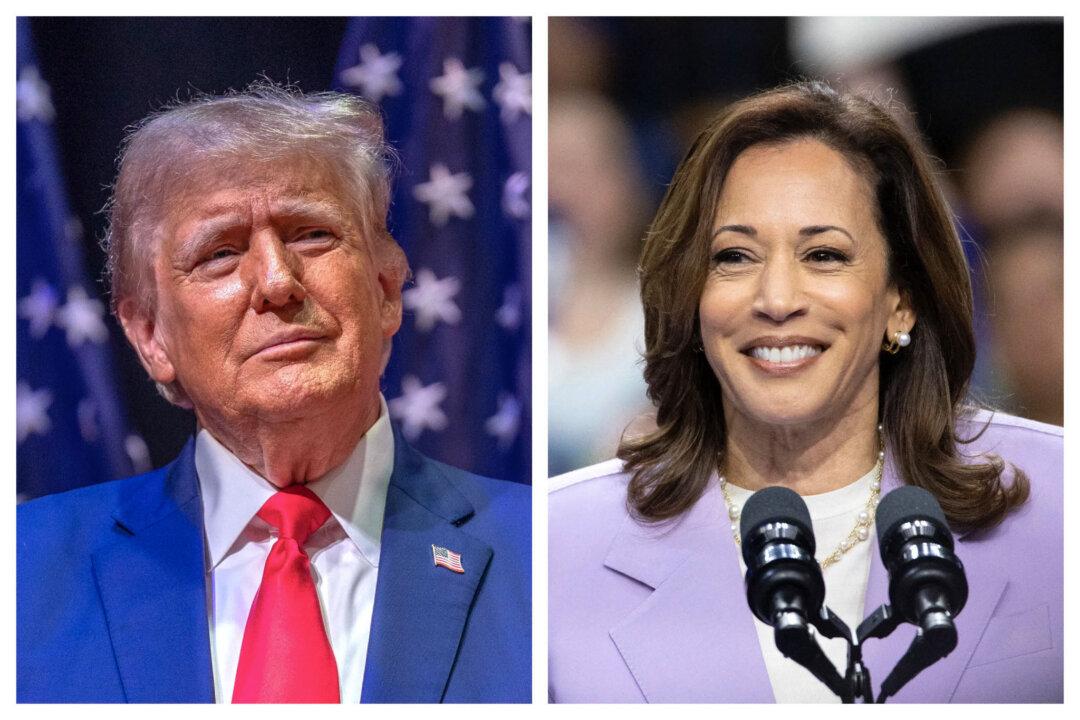An election filled with plot twists is entering its final 60 days as Vice President Kamala Harris and former President Donald Trump remain locked in a dead-heat race.
Much is on the line as both campaigns lean into the final two months of a historic election cycle, with a much anticipated Sept. 10 debate on ABC, the beginning of early voting in many states, and Trump’s scheduled sentencing in New York looming in the background.





